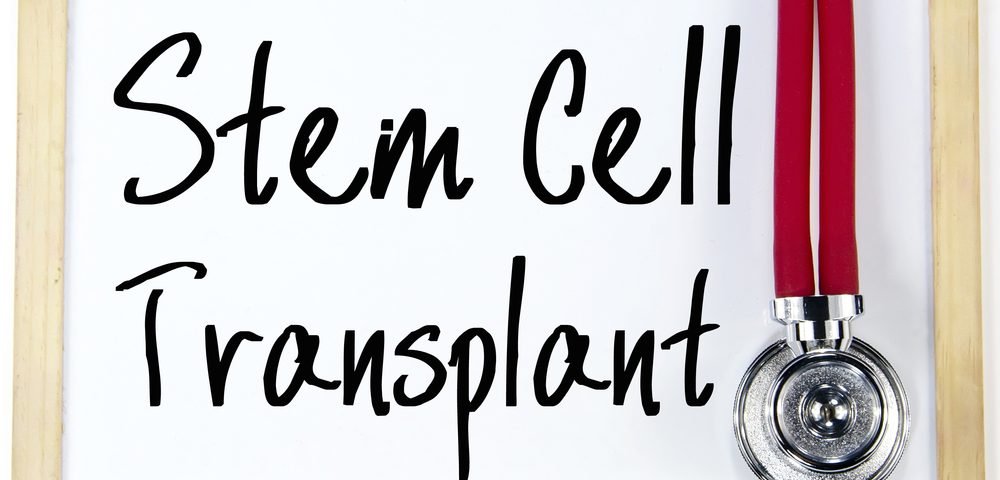Undergoing autologous stem-cell transplantation (autoSCT) after achieving remission does not extend remission or survival in patients with double hit lymphoma (DHL) — an aggressive form of B-cell non-Hodgkin lymphoma characterized by the presence of concurrent MYC and BCL2 gene rearrangements, according to a study by the University of Pennsylvania.
The study, “Outcomes of Patients With Double-Hit Lymphoma Who Achieve First Complete Remission,” appeared in the Journal of Clinical Oncology.
Researchers at UPenn’s Perelman School of Medicine and the Abramson Cancer Center investigated the long-term outcomes of autoSCT in DHL patients who achieved remission.
They observed that this strategy offered no clear benefits, except in one regard: patients receiving standard front-line chemotherapy were less likely to remain in remission compared to those treated with intensive front-line chemotherapy. Standard front-line chemotherapy contained Rituxan (rituximab) plus cyclophosphamide, doxorubicin, vincristine and prednisone (R-CHOP).
“A major dilemma for oncologists who treat this disease was whether or not to recommend the potentially harmful therapy of autoSCT to patients with this disease to help keep them in remission,” Dr. Daniel J. Landsburg, a Upenn assistant professor of hematology and oncology, and the study’s lead author, said in a press release.
In autoSCT, patients’ own stem cells are removed from their bone marrow or peripheral blood and stored before a transplant. Patients are treated with chemotherapy so radiation kills the cancer cells. Doctors then infuse the stored stem cells back into a patient’s blood.
In the study, researchers analyzed data from 159 patients treated at 19 U.S. academic medical centers. All patients achieved remission after either intensive front-line chemotherapy or a standard chemotherapy regimen. Sixty-two patients then underwent autoSCT, while 97 remained autoSCT-free. When comparing both groups, researchers found no significant differences at baseline.
“Our result is not explained by differences in patients’ overall health or disease features,” Landsburg said. “The transplant and non-transplant arms of this study were very well-matched.”
After three years, 89 percent of autoSCT patients and 75 percent of those who did not receive an autoSCT were on remission. Survival reached 91 percent of autoSCT patients and 85 percent of non-autoSCT patients.
The statistical analysis showed no significant differences in survival between autoSCT and non-autoSCT patients.
“Once these patients achieve remission, the data show they are likely to stay in remission,” Landsburg said. “In the absence of a large randomized controlled trial, which would be very challenging to carry out in this case, this is the best evidence we have, and it shows there’s no clear benefit to these patients undergoing autoSCT.”
Nevertheless, just 56 percent of patients treated with R-CHOP were still in remission at three years, a marked decrease compared to those on more intensive front-line therapies. “Even if patients do go into remission with R-CHOP, it appears to be less durable, so in these cases, going forward with autoSCT may still make sense,” Landsburg said.
In the future, researchers will closely follow patients who fail to go into remission to understand the mechanism of the disease underlying this phenotype — a crucial step in designing potential new therapeutic strategies for patients who ultimately relapse.


